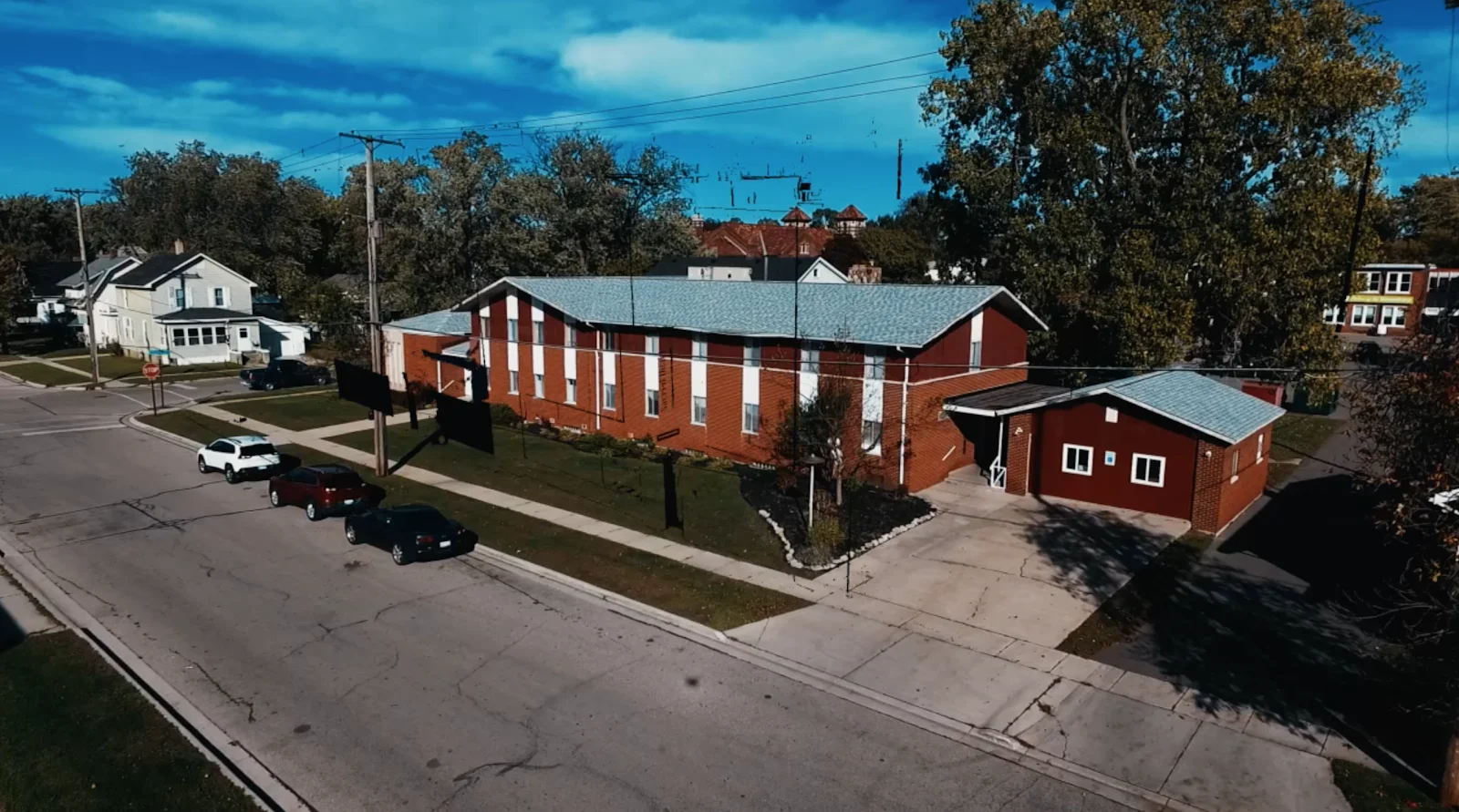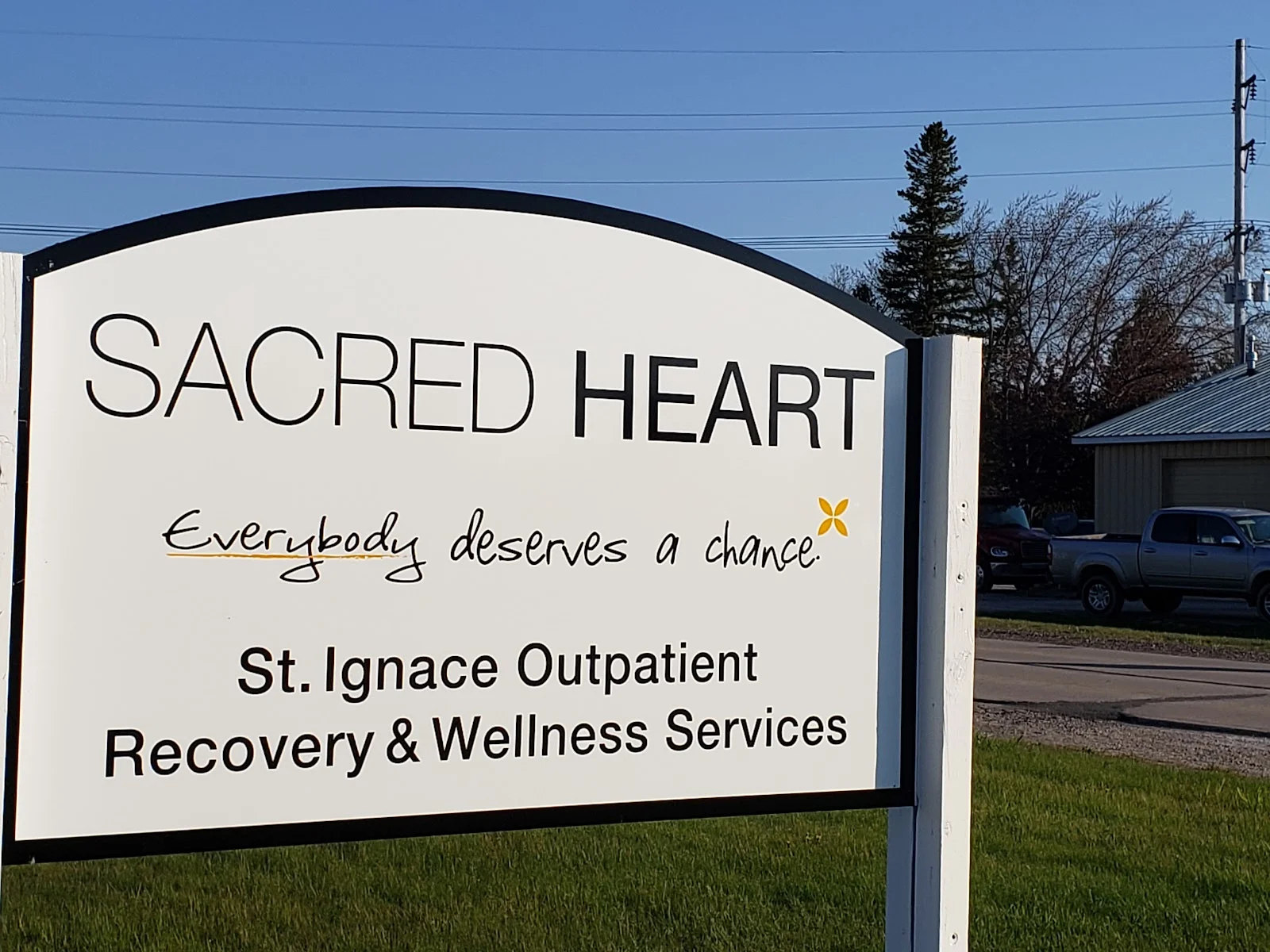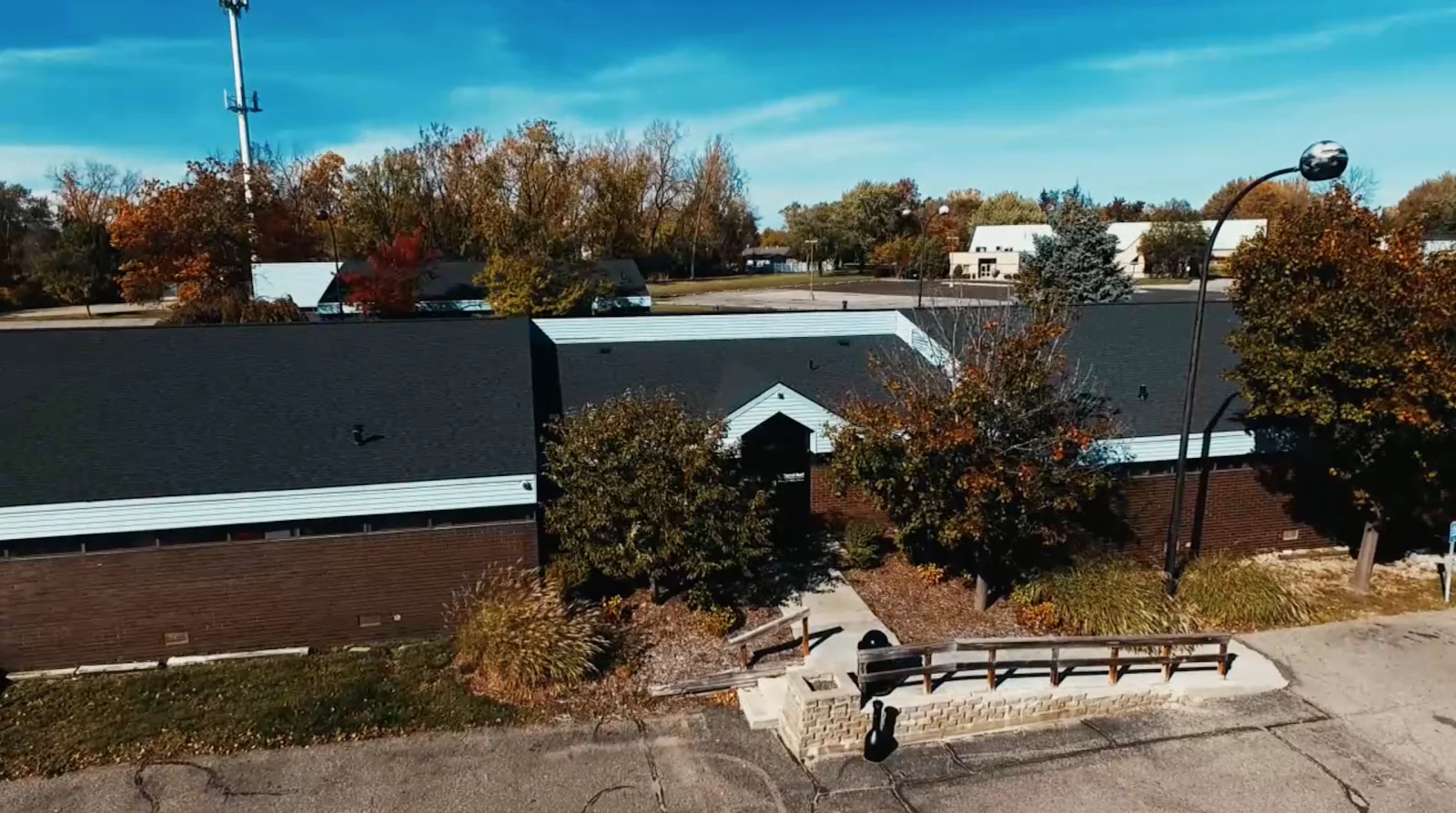Sacred Heart, in Port Huron, Michigan, offers men and women 18 years of age and older specialized treatment for co-occurring disorders, drug and alcohol addiction, and mental health issues. The center makes sure that every client gets the right kind of care to meet their specific needs by providing a range of programs tailored to assist people at various phases of their recovery journey. Sacred Heart is dedicated to creating a healing and supportive atmosphere that helps people attain long-term sobriety and mental health.
For individuals who need treatment that is flexible enough to allow them to continue with their everyday duties, the clinic provides typical outpatient services. Recovery home choices are offered by Sacred Heart to those who want a more regimented and nurturing living environment. These housing options allow clients to concentrate on their rehabilitation in a secure setting. The facility also provides a thorough Medication-Assisted Treatment (MAT) program, which is intended to assist patients in managing their withdrawal symptoms and overcoming drug addiction.
Additionally, Sacred Heart offers a special Women's Program designed to address the needs of women, those who are pregnant, and main caregivers. In order to ensure that family obligations do not prevent participants from getting the care they require, this program provides specialized services, one of which is the ability for clients to bring their children to therapy.
Among the many therapeutic options provided by Sacred Heart are evidence-based programs designed to promote full recovery. When in-person sessions are not feasible, the center offers Statewide Telehealth services, which enable people to receive therapy remotely. In addition to wellness clubs and peer support initiatives, additional therapies include family, group, and individual therapy. Additionally, clients might receive life skills training to help them develop the resources they need for long-term success. Sacred Heart offers a comprehensive approach to physical, emotional, and spiritual rehabilitation by including holistic therapies and a 12-Step Program in addition to these essential services.
The National Association of Addiction Treatment Providers (NAATP), the Michigan Association of Recovery Residences (MARR), the National Alliance for Recovery Residences (NARR), and the Commission on Accreditation of Rehabilitation Facilities (CARF) have all granted Sacred Heart their accreditation. The center's dedication to upholding the greatest standards of care, safety, and moral behavior in addiction treatment and recovery is demonstrated by these accreditations.
Sacred Heart Rehabilitation Center - Port Huron Outpatient Information
Accreditations
-
Commission on Accreditation of Rehabilitation Facilities (CARF)
CARF accreditation is a globally recognized certification for rehabilitation and human service organizations. It signifies that an organization meets high-quality standards and is committed to providing top-level care. Achieving CARF accreditation involves a rigorous evaluation process, including on-site surveys. This accreditation enhances an organization's reputation, instills trust in clients and funders, and encourages ongoing excellence in the field.

-
NAATP
The NAATP accreditation is a recognized certification for addiction and behavioral health facilities. This accreditation serves as a validation of a center's commitment to maintaining high standards in the field. It signifies that the facility has met specific criteria and requirements set by NAATP, ensuring that individuals seeking addiction and behavioral health services can expect a level of quality and professionalism in their care. NAATP accreditation is a notable benchmark for facilities striving to provide effective and ethical treatment within this critical healthcare sector.

-
SAMHSA
SAMHSA's Opioid Treatment Programs (OTPs) accreditation is a rigorous recognition process that signifies an OTP's commitment to providing high-quality care for individuals dealing with opioid use disorders. It assures patients, families, and the community that the program adheres to evidence-based practices, employs qualified staff, and maintains a safe treatment environment. This accreditation is a symbol of quality and accountability, offering confidence in the program's ability to support individuals on their path to recovery from opioid addiction.
Additional Locations
Find the best treatment options. Call our free and confidential helpline today!







